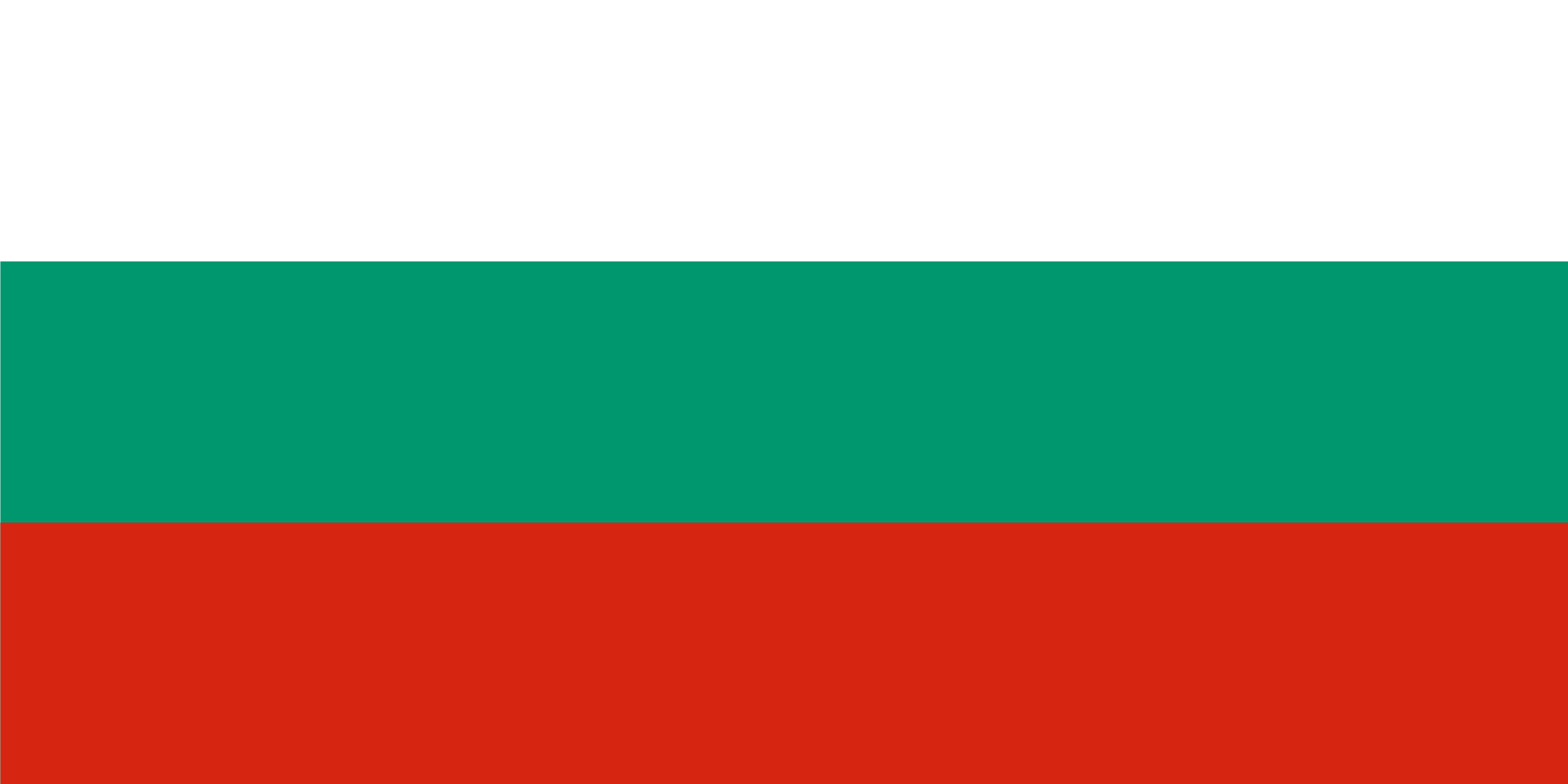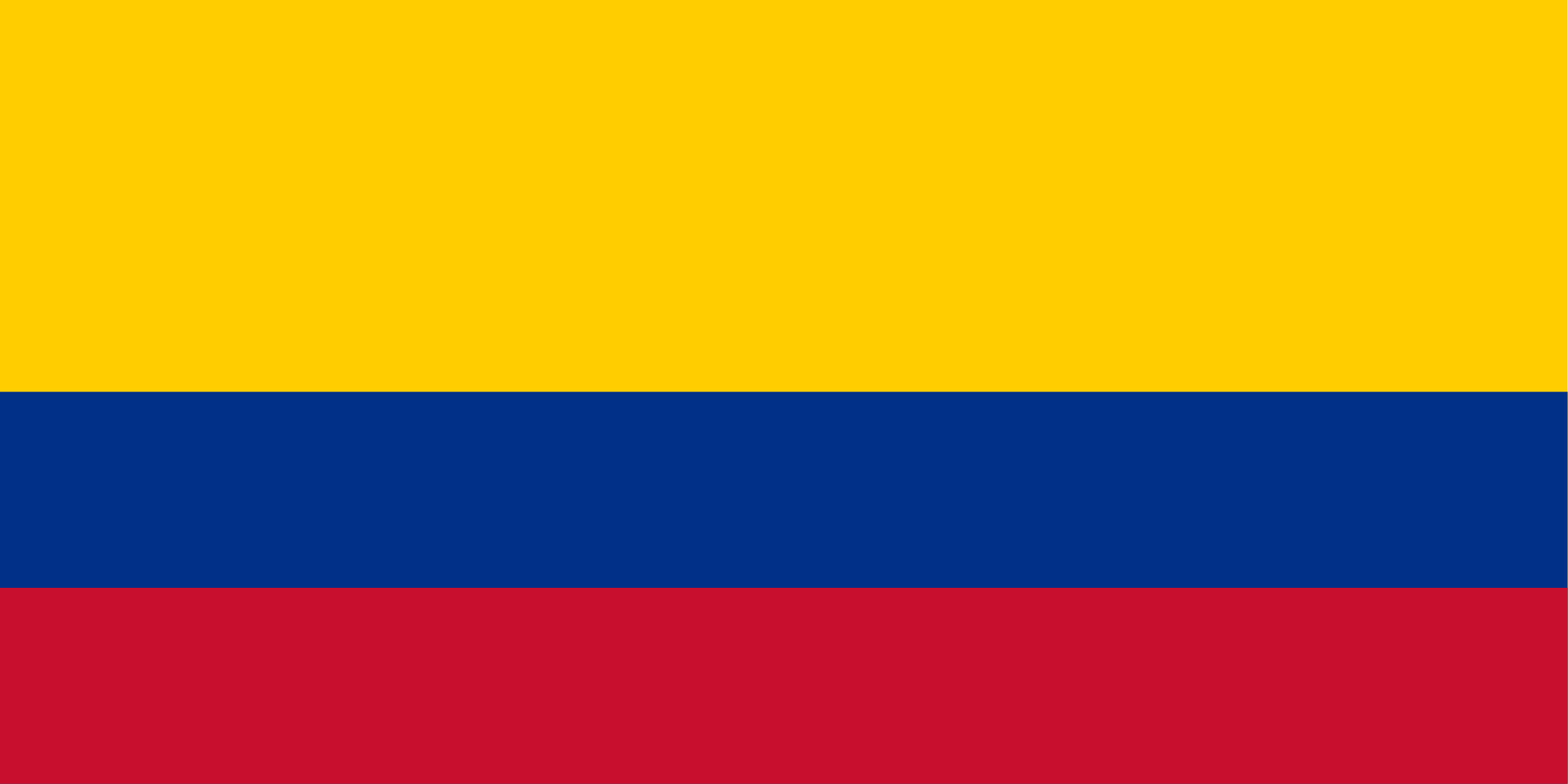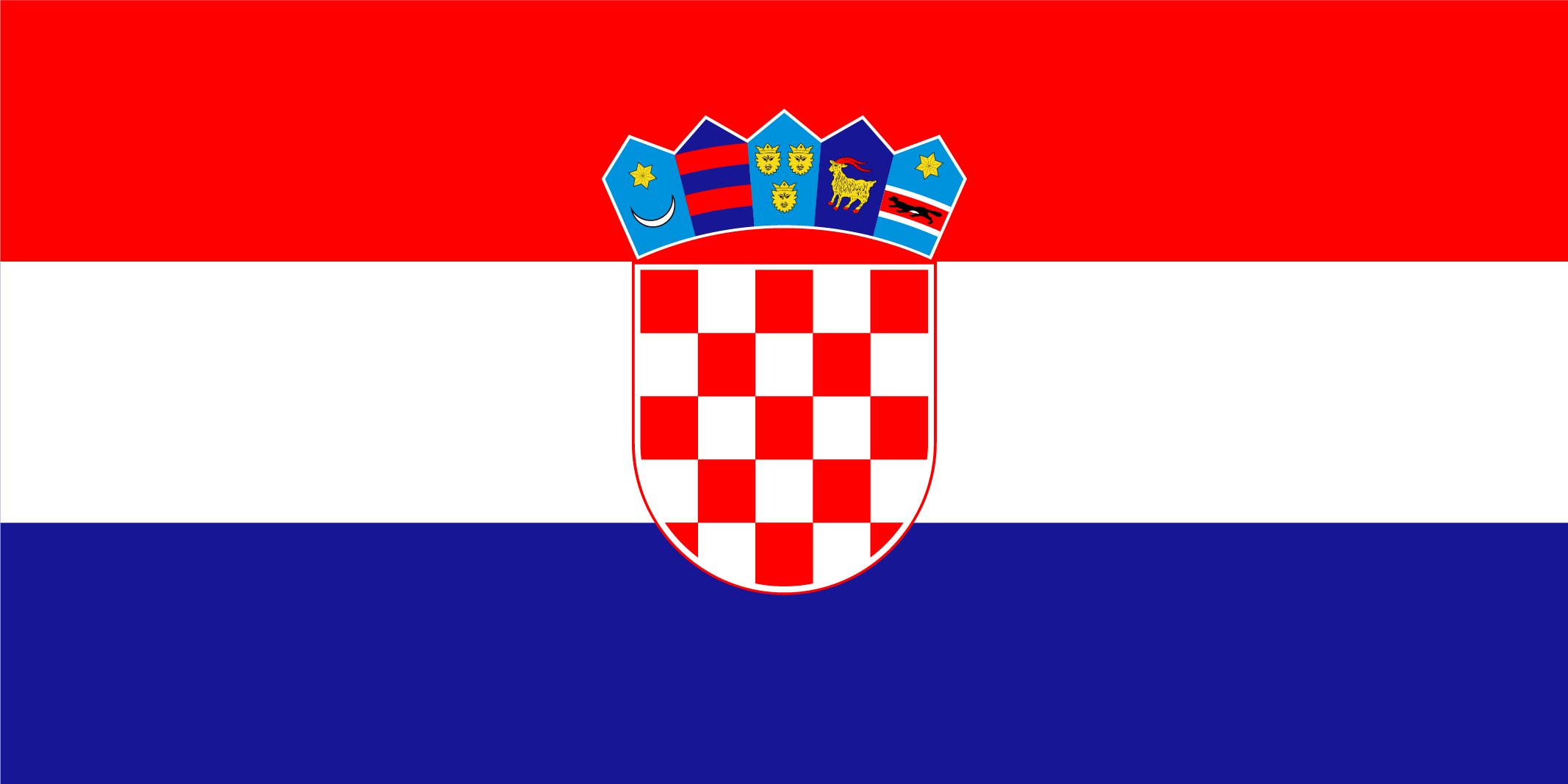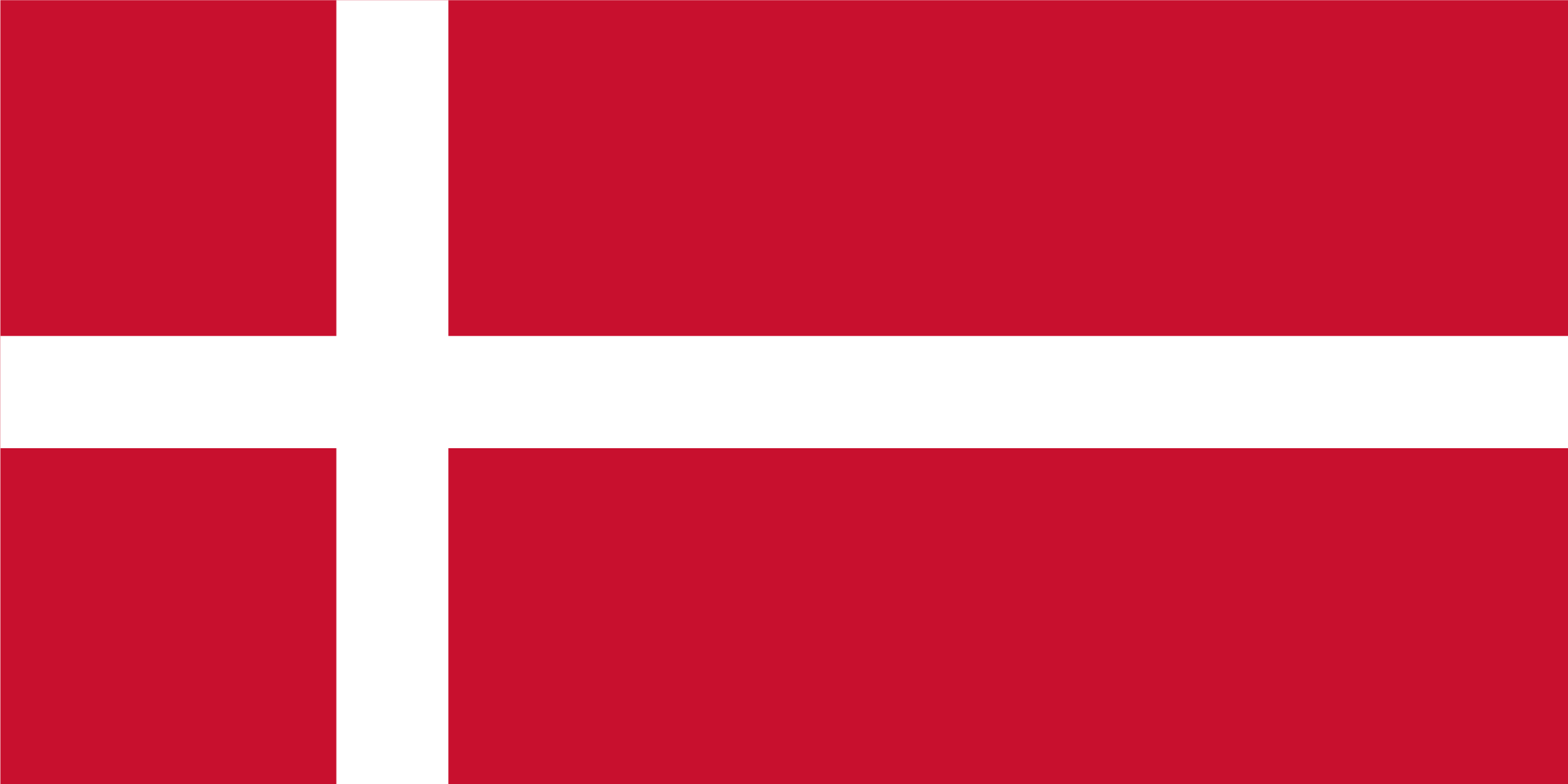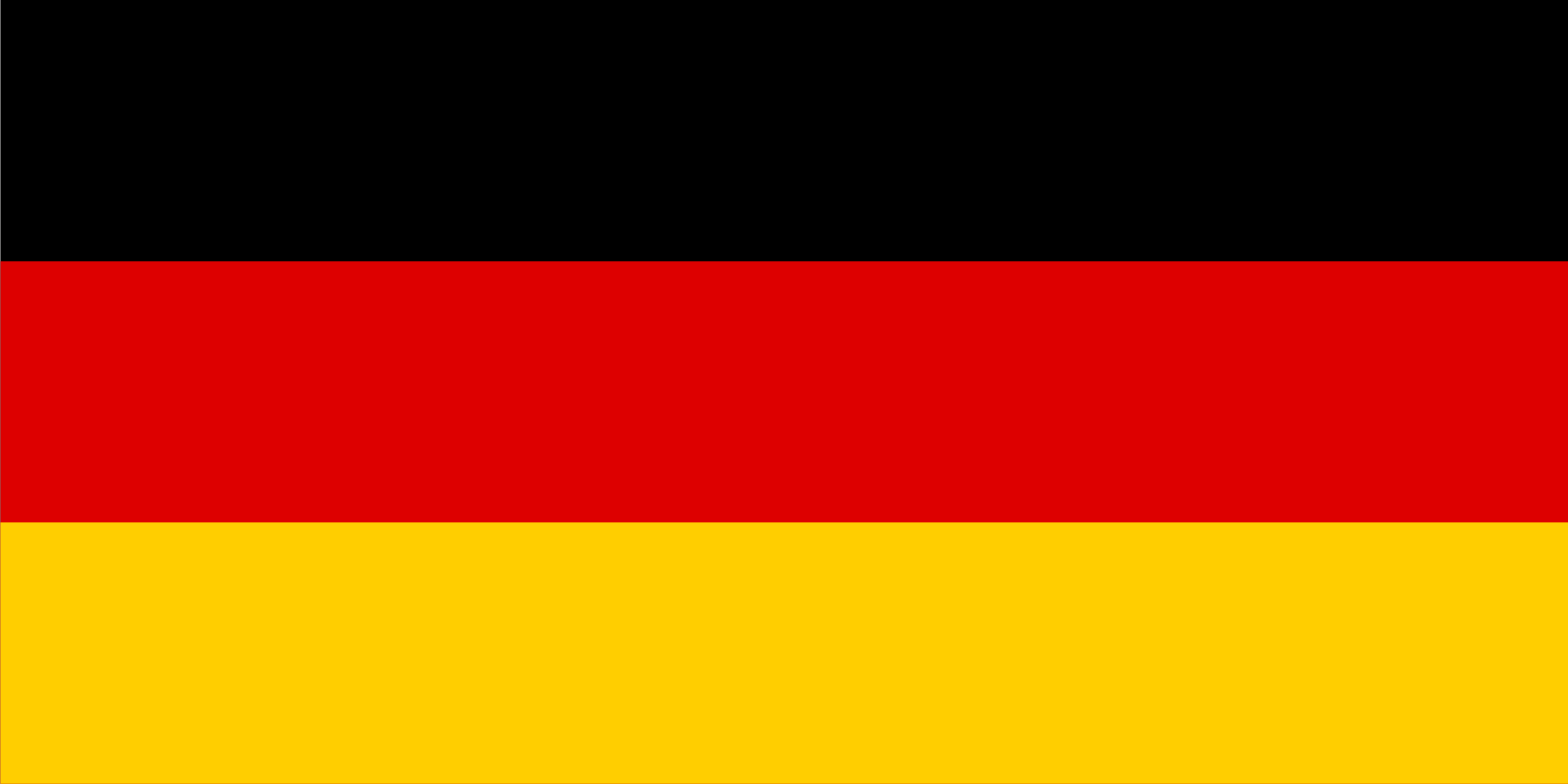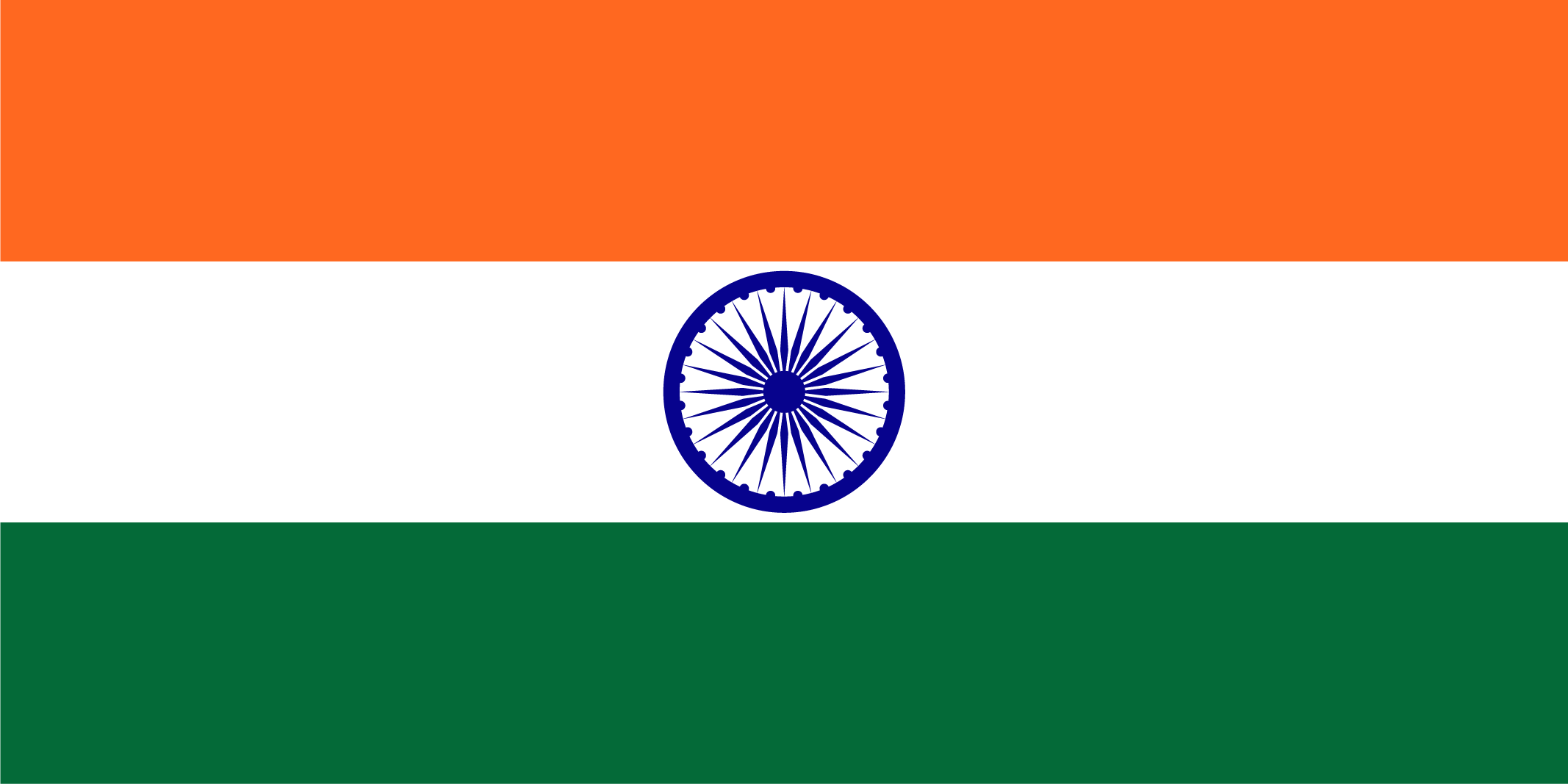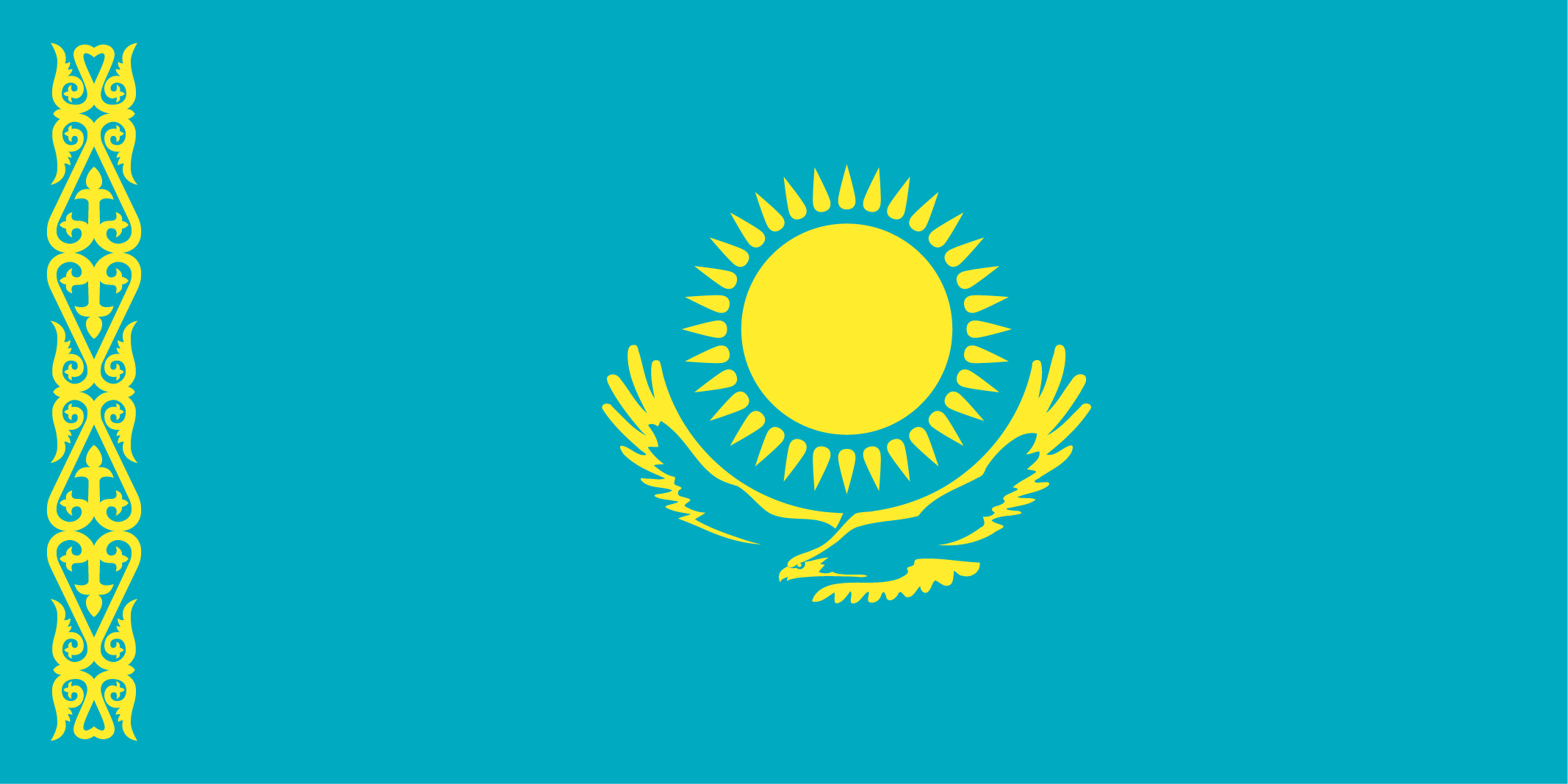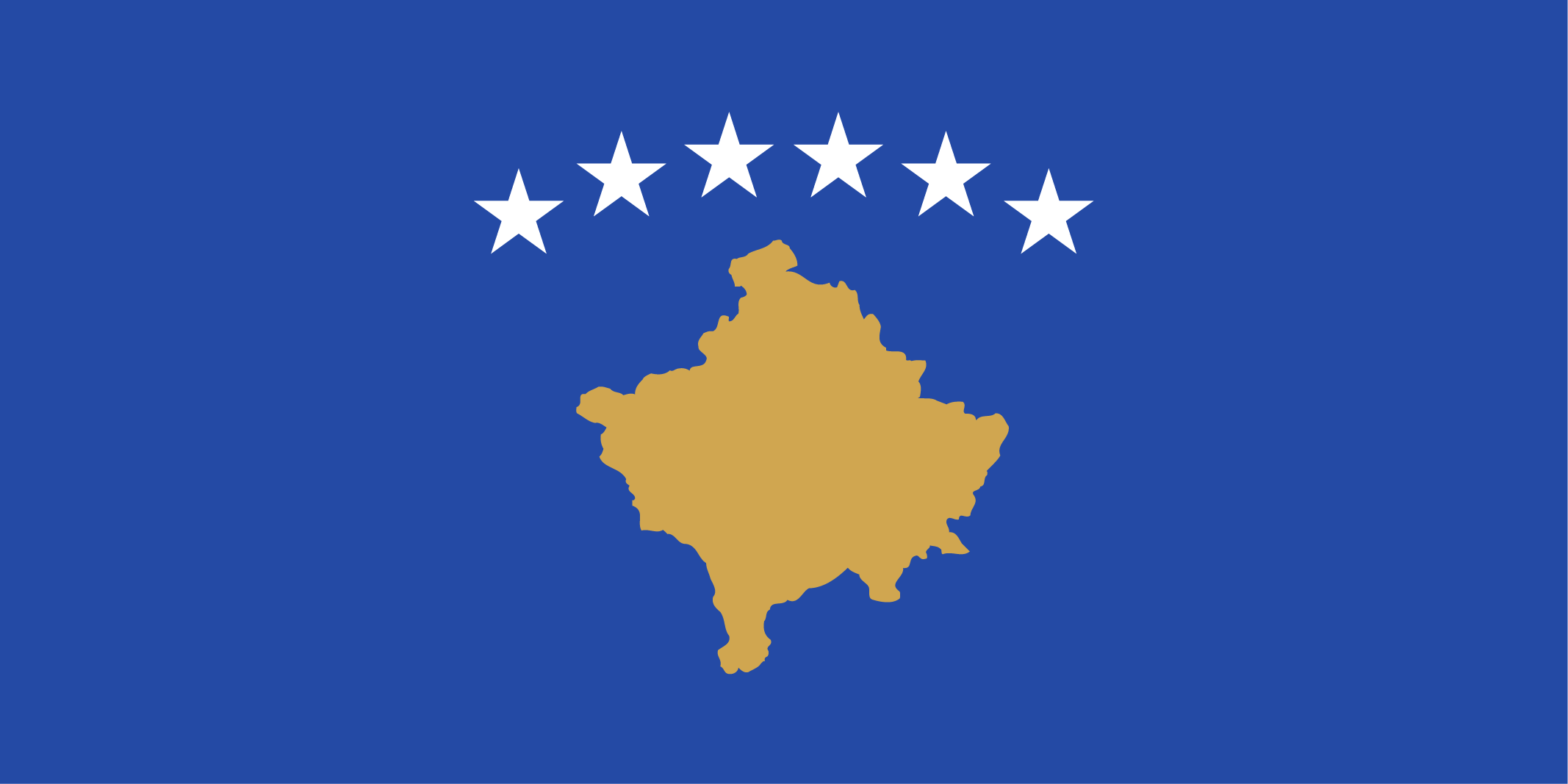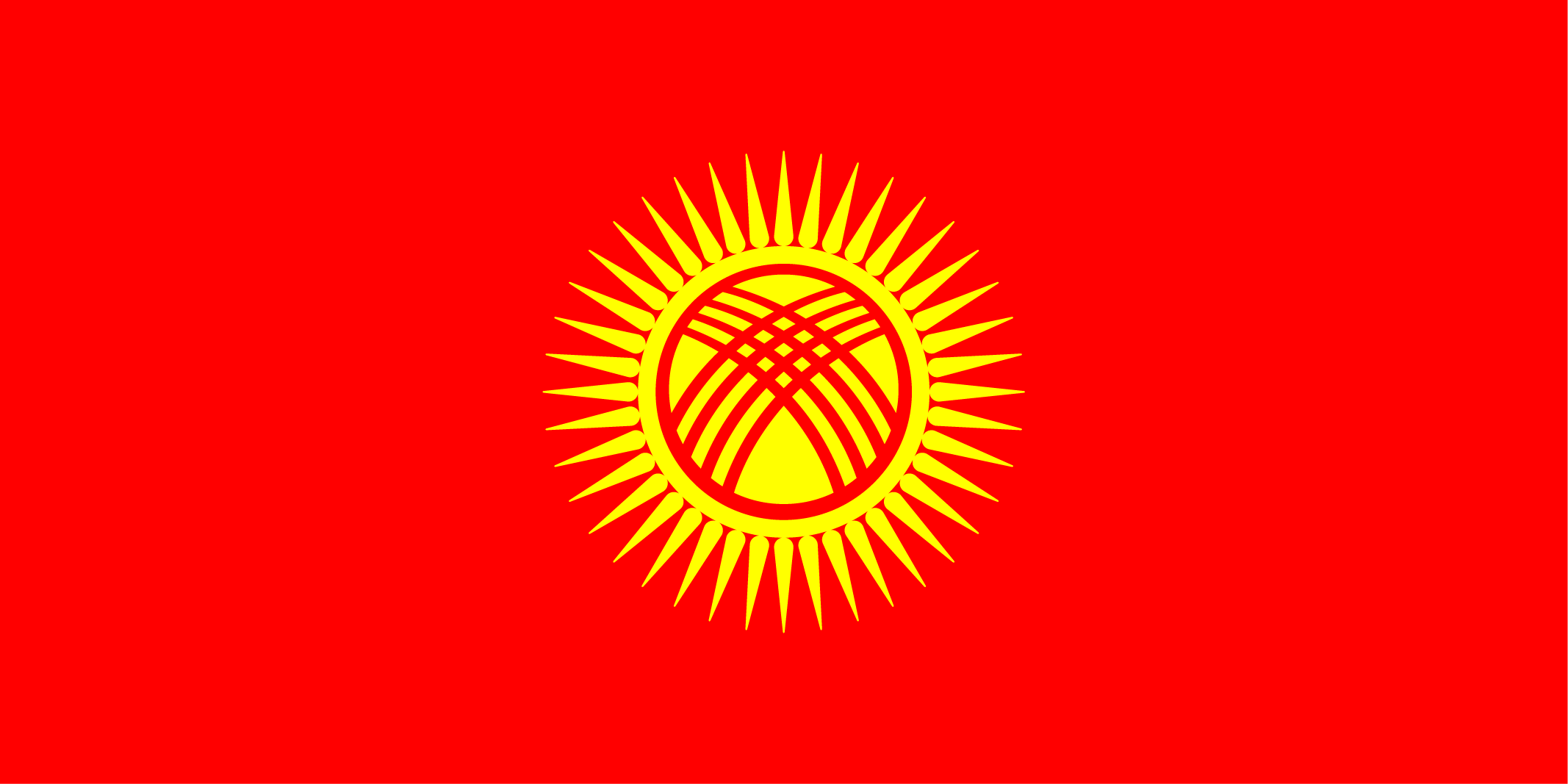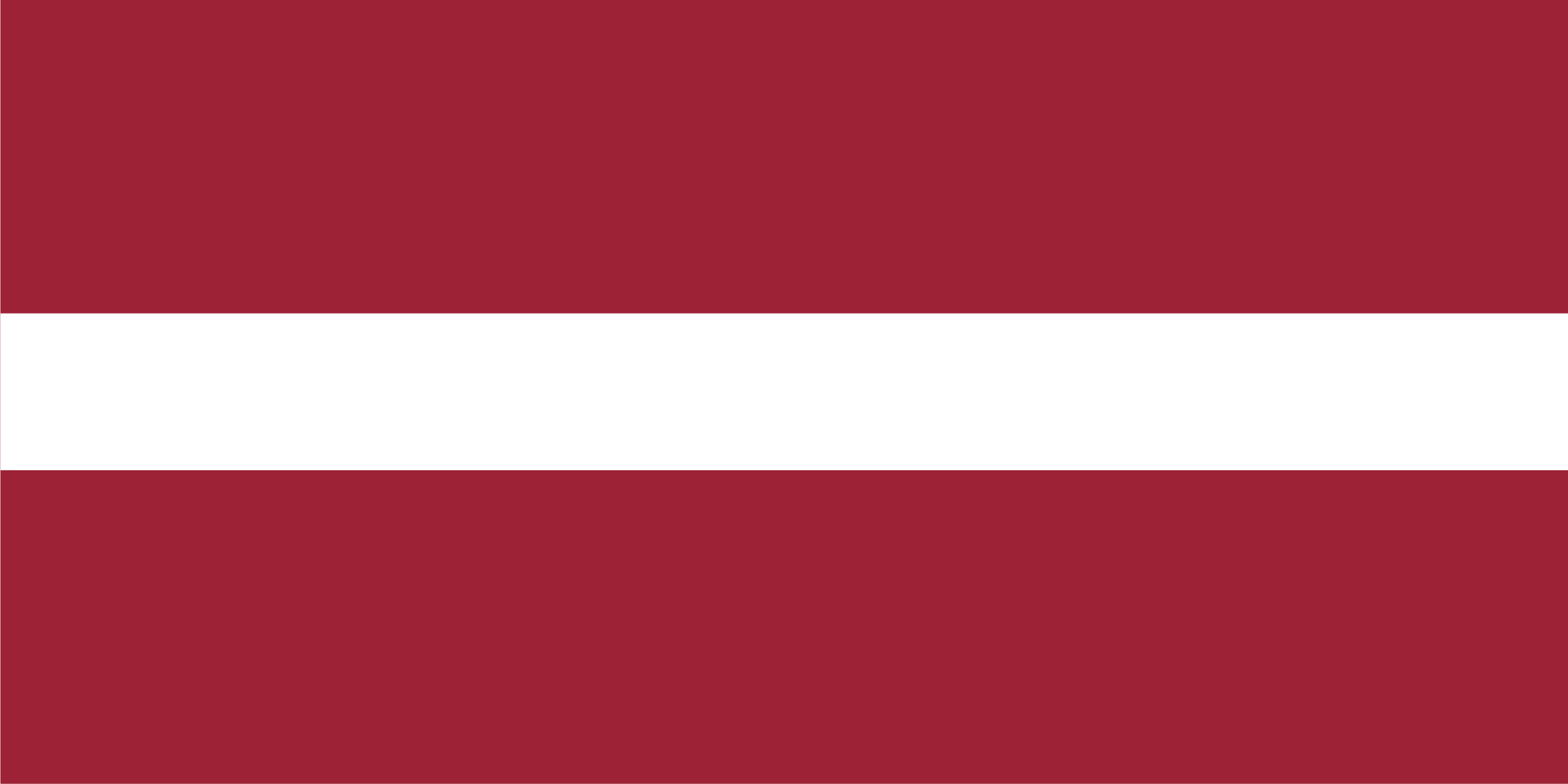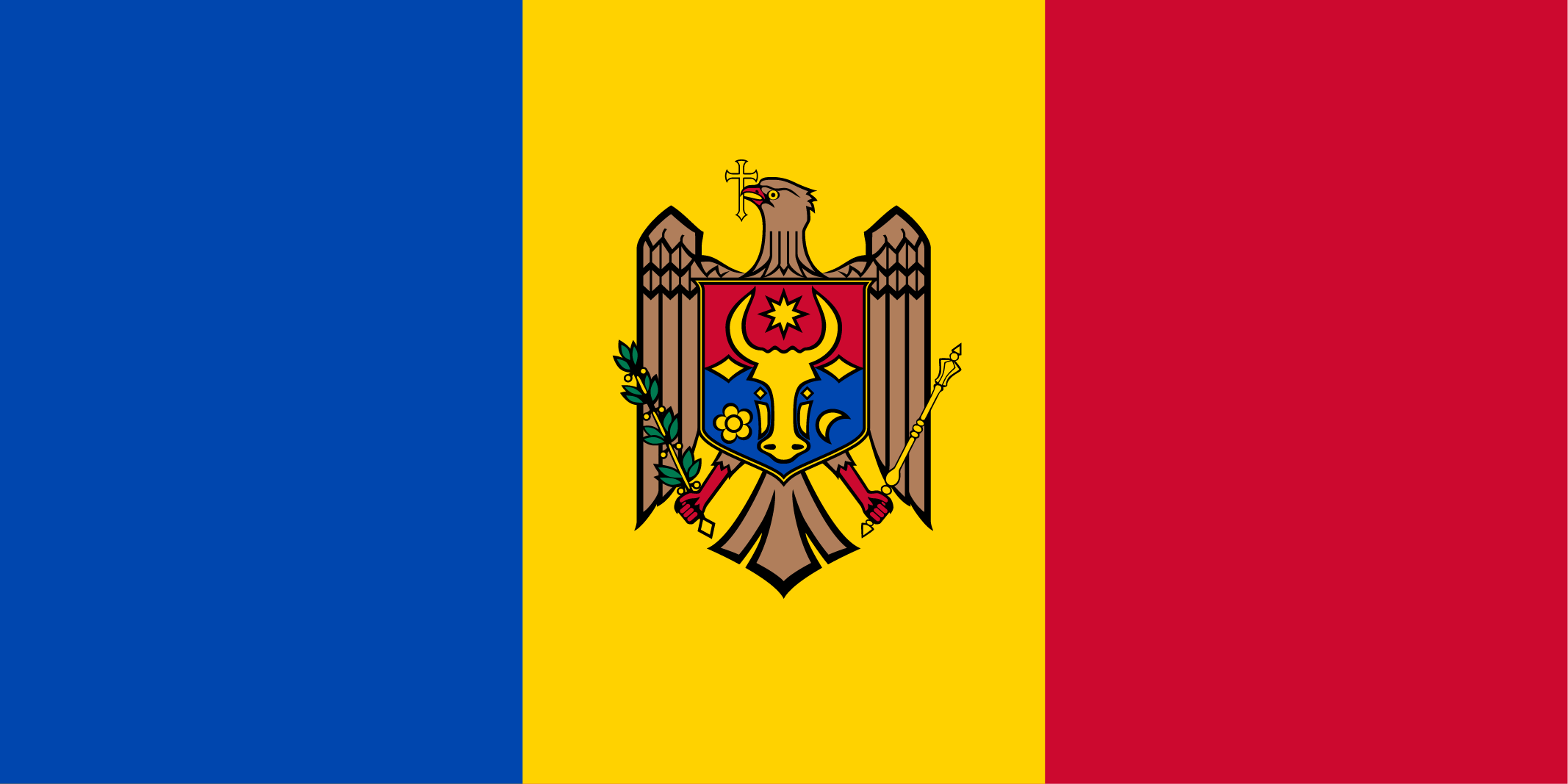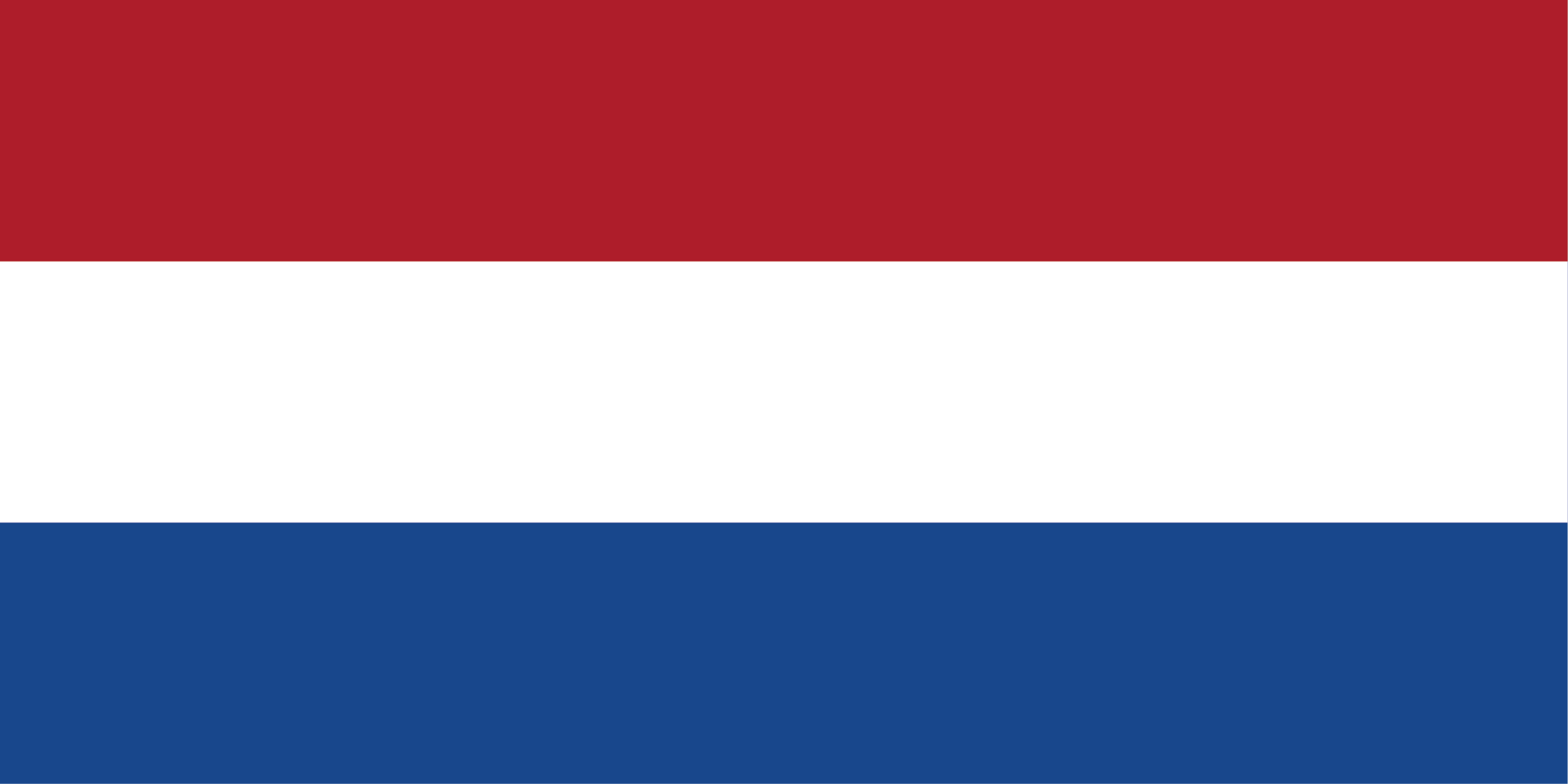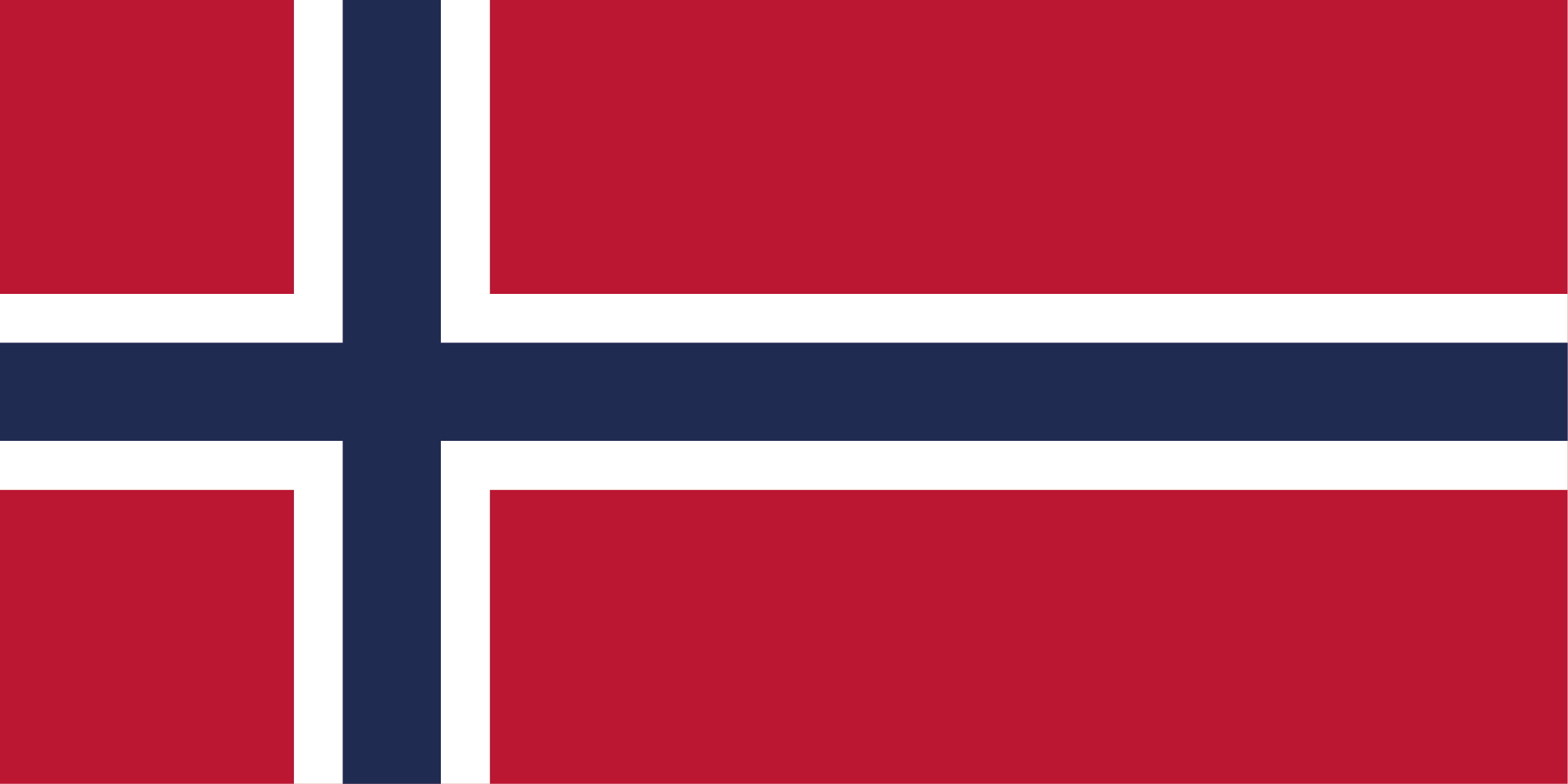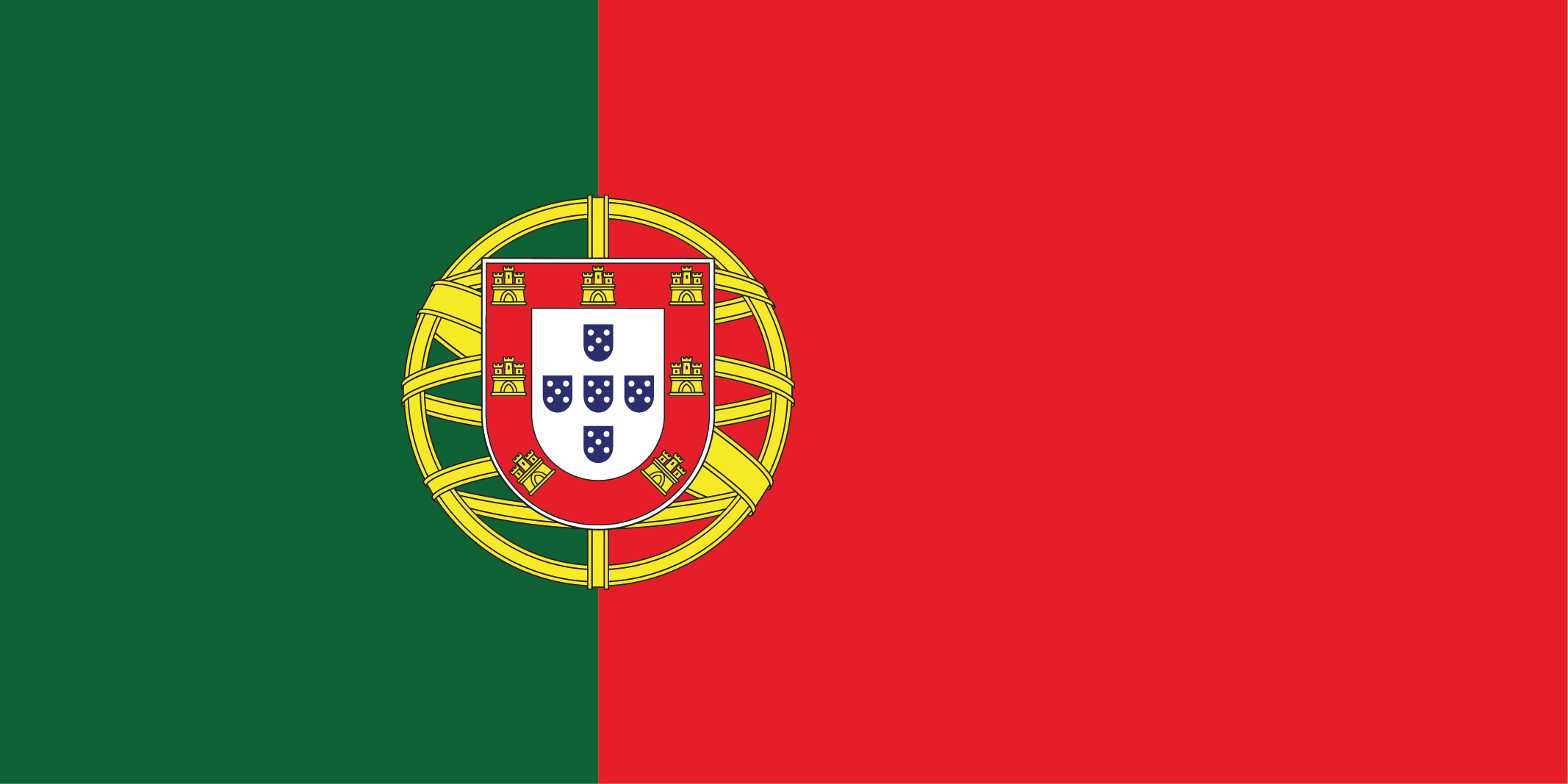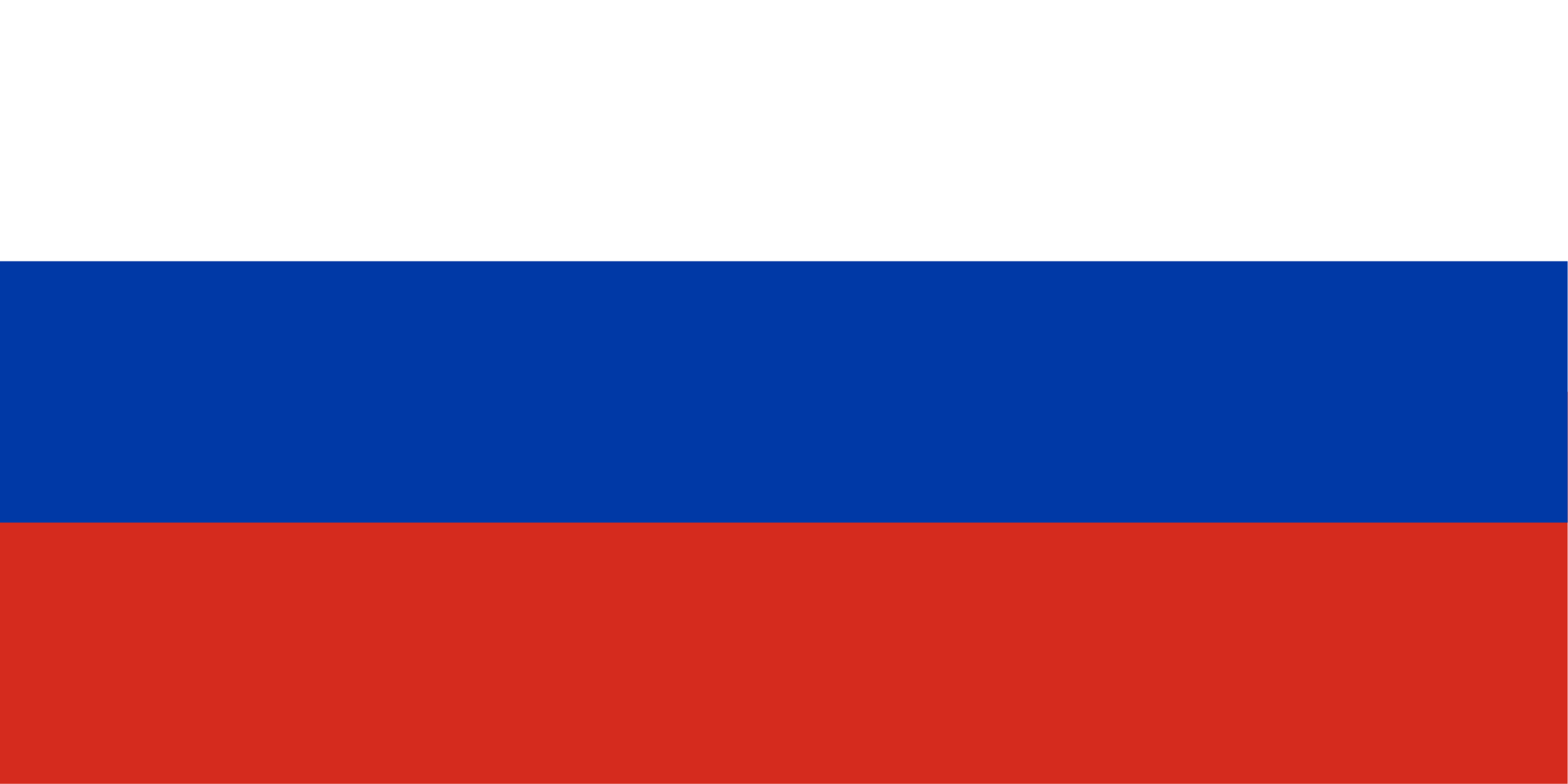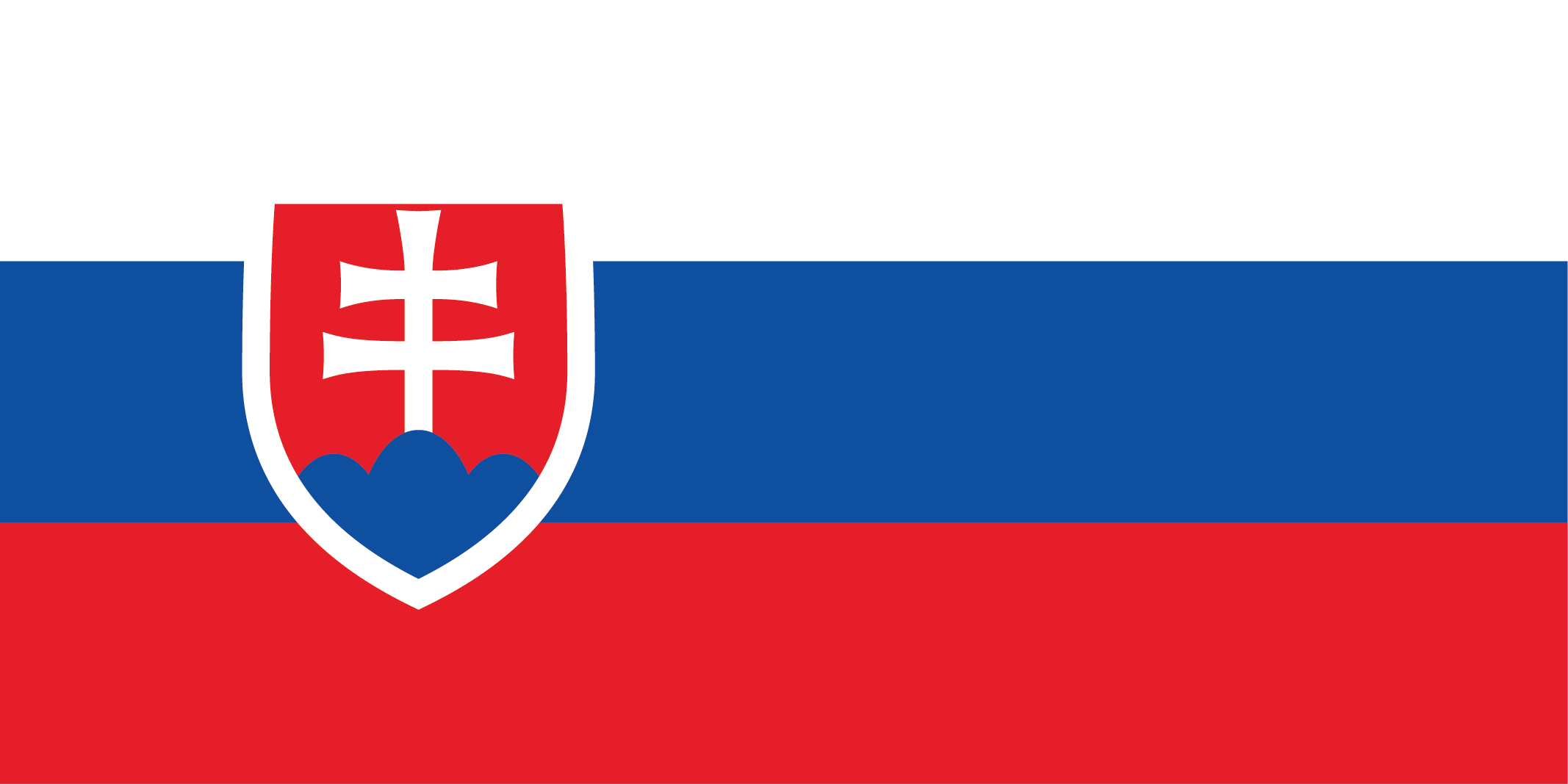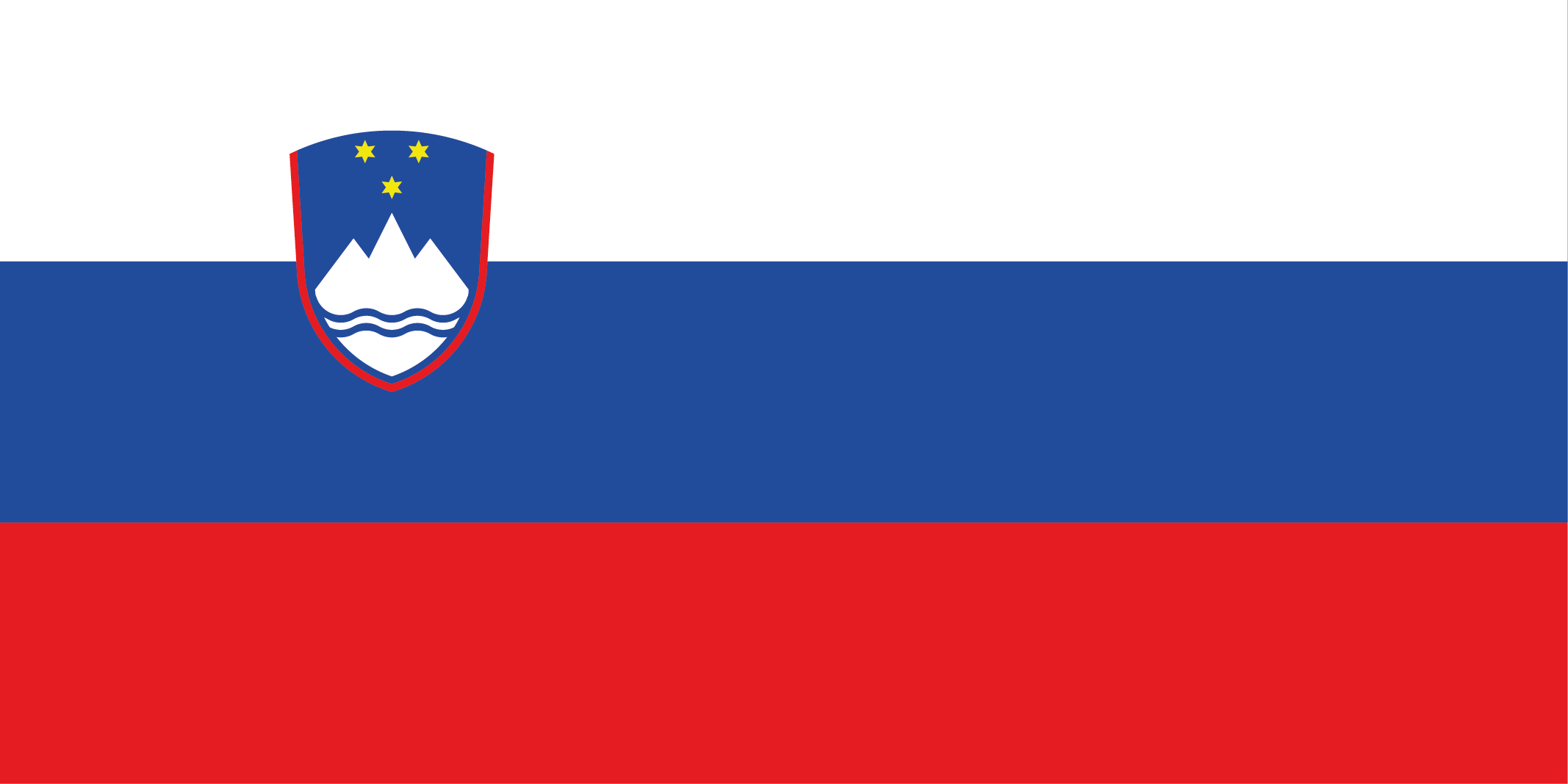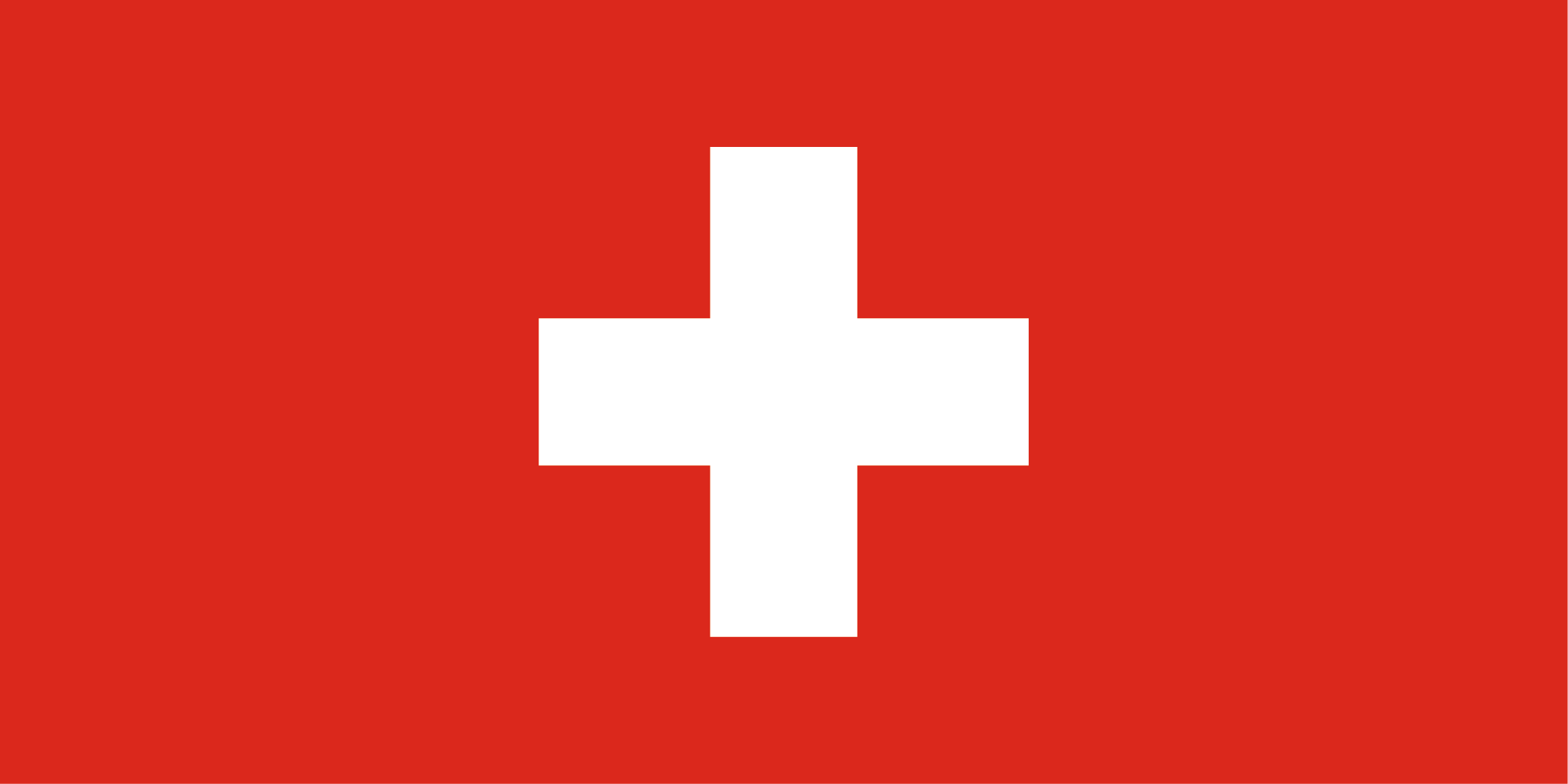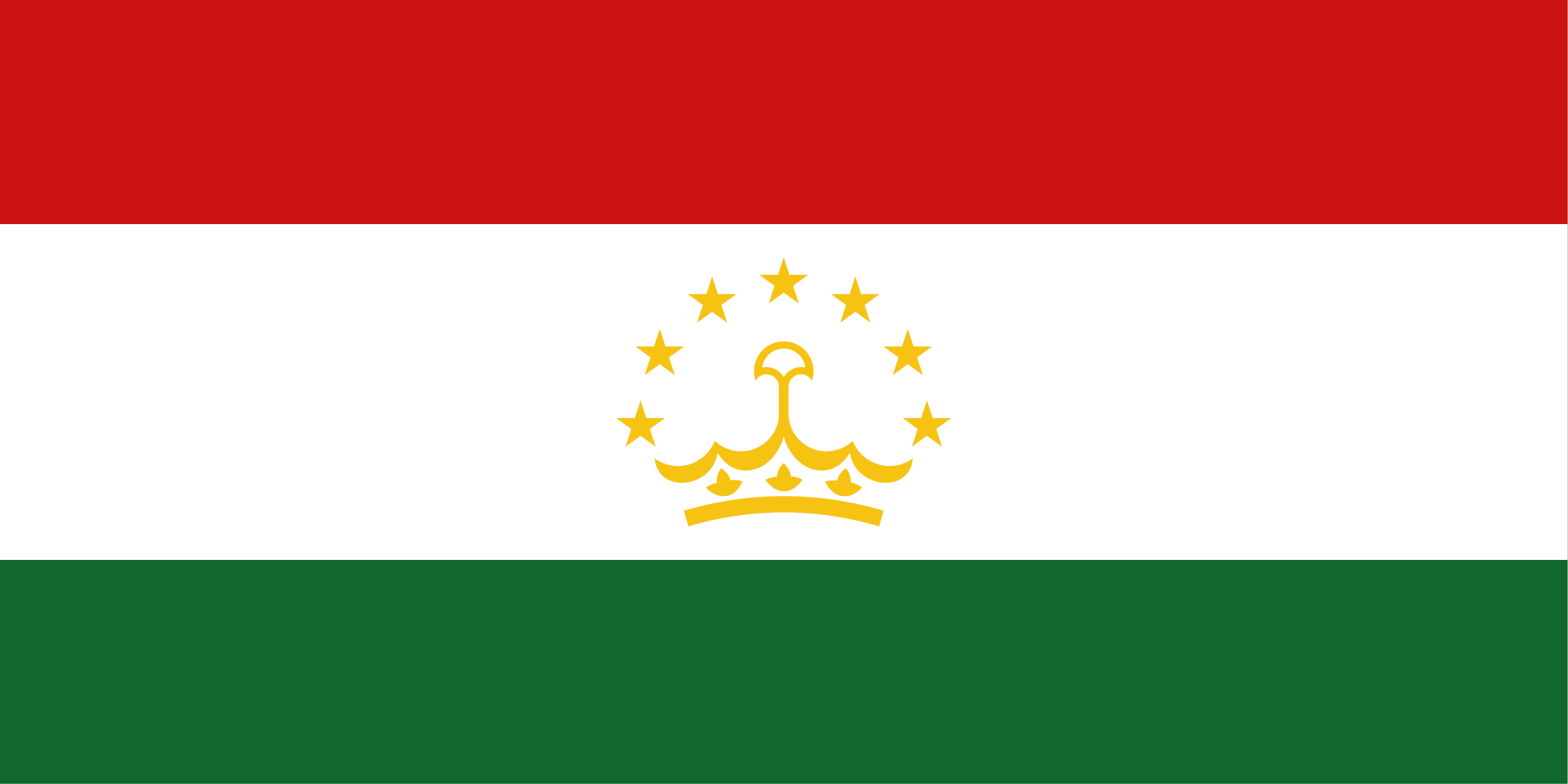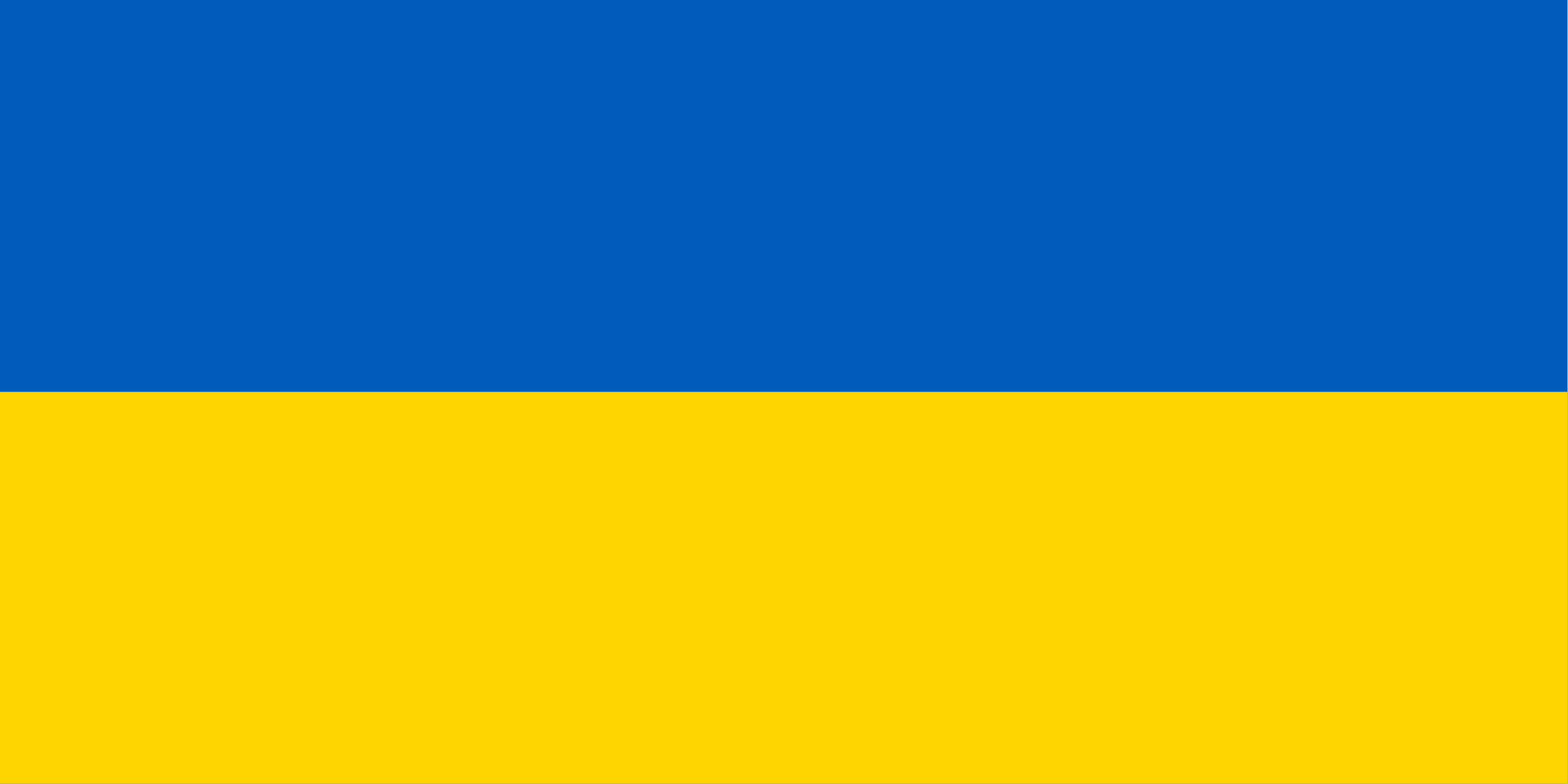Transport of the Deceased from Slovakia
Dignified Farewell and Support in Difficult Times
Death outside one’s home country always presents the family with many difficult decisions. Along with the pain of loss comes the task of returning the deceased home with dignity. The process of transporting the body from Slovakia intertwines legal, sanitary, and logistical aspects. Without preparation, it can become overwhelming. Therefore, it is essential to have a team nearby that is ready not only to handle all the necessary paperwork but also to ensure care at every stage of repatriation. This is the only way to preserve respect for the memory of the individual and to ease the path for the relatives during this challenging time.
Why It’s Not Possible to Organize Transportation Independently
Organizing the transportation of the deceased without the help of a licensed funeral service is practically impossible. A whole package of documents is required, such as the death certificate, a cause of death certificate, permits from local authorities, and translations. In addition, strict sanitary requirements apply in cases of international transportation of bodies, including mandatory embalming and the use of a zinc coffin. Such transport is regulated by the laws of two countries, and violating even a single point may lead to delays or a prohibition on border crossing.
What the Transport Service Includes
The full range of ritual services for repatriation includes the arrangement of all necessary documents, preparation of the body for transportation, sanitary treatment and embalming, dressing, and cosmetic procedures. The specialized coffin is usually equipped with a hermetically sealed zinc insert that meets international standards. Transportation is carried out using specialized vehicles that comply with sanitary requirements. Funeral companies also handle communication with local institutions, police, hospitals, and customs services.
Stages of Body Transportation
The process of repatriation consists of several stages. First, a power of attorney is signed, allowing the funeral service to act on behalf of the family. Then, employees collect and submit the necessary documents, including translations and certificates. After that, the body is prepared, packed in a zinc coffin, and a transportation route is established. During transportation, funeral service staff ensure interaction with consulate representatives and accompany the process until the body is handed over to relatives.
Features of Transporting an Ashes Urn
If relatives decide on cremation, transportation of the ashes is possible. In this case, the list of necessary documents is reduced, but a transportation permit and confirmation of the cremation must still be obtained. The urn must be hermetically sealed and comply with the norms for crossing borders. This process takes less time and involves fewer formalities, but it still requires a careful approach and compliance with all legal requirements.
Answers to Frequently Asked Questions
How long does transportation take?
The average repatriation period is from four to five days. However, in some cases, such as when investigating the cause of death, the process may be extended. It all depends on the circumstances and the speed of obtaining permits.
Do relatives need to be present?
Family members do not need to be present — all procedures can be carried out remotely via power of attorney. This also applies in cases where a quick departure abroad is impossible.
Can personal transport be used?
The transportation of the body across borders must be carried out only by licensed services. The use of private vehicles is prohibited by sanitary and legal standards.
Is a farewell ceremony allowed?
Yes, a farewell can be organized either before or after transporting the body. This allows relatives to say goodbye to the deceased in a dignified manner and according to all traditions.
Why You Should Contact a Professional Funeral Company
By choosing a specialized service, relatives receive complete support at every stage. From document processing to body transfer — everything is carried out by experienced staff in accordance with international standards. This approach reduces stress, saves time, and eliminates errors. Additionally, funeral agencies maintain communication with consulates, local hospitals, and provide 24/7 informational support.
What Affects the Cost of the Service
The final cost of transportation can depend on several factors: the distance between the points of departure and destination, the need for additional services (e.g., embalming), the complexity of document processing, and the choice of transportation route. To obtain accurate information, a request is made, or a preliminary consultation is conducted. Each situation is individual, and the cost is formed depending on the volume of requested actions.
How to Order Body Transportation
To initiate the process, you need to contact a funeral company and provide information about the incident. After data collection, a contract is drawn up, powers of attorney are prepared, and the stage of obtaining all necessary permits begins. The professional service takes full responsibility for the organization, while the relatives receive guarantees that all procedures and deadlines will be adhered to. This approach allows them to experience this difficult time without unnecessary hassle and legal violations.









